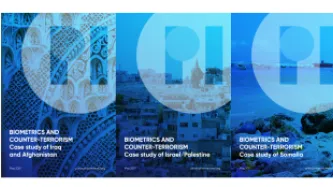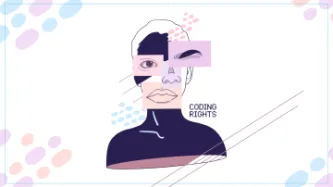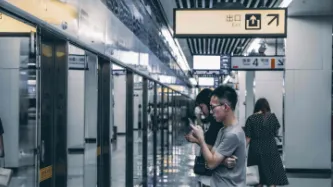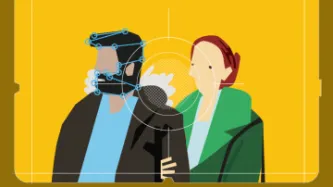Search
Content type: Long Read
Introduction
India’s educational system is the largest in the world, with over 250 million students, 50% of whom attend publicly administered schools.
The autonomy given by the Indian Constitution to the 28 states and 8 union territories means that the right to education is implemented quite differently in each one, respecting culture, language, and other local specificities. Educational policies are suggested at the national level by various autonomous agencies and states can implement them in…
Content type: Long Read
Since the September 11th attacks, decision makers across the globe have embraced overreaching surveillance technologies. The global “War on Terror” ushered in and normalized an array of invasive surveillance technologies. Collection and storage of biometrics data and the application of statistical methods to such data have been touted as uniquely suited to twenty-first century threats. Yet, biometrics technologies are not seamless, panoptic technologies that allow for perfect control. They can…
Content type: News & Analysis
This blog post by Coding Rights was originally published in Portuguese at: https://tinyurl.com/mediumcodingrightsTransID. It was written by Mariah Rafaela Silva and Joana Varon and translated by Erly Guedes. Illustration was produced by Clarote.On the International Transgender Day of Visibility, Mariah Rafaela Silva and Joana Varon authors of the report “Facial recognition in the public sector and trans identities: techno-politics of control, surveillance and threats to gender diversity…
Content type: News & Analysis
This creates a restraint on all people who merely seek to do as people everywhere do: to communicate freely.
This is a particularly worrying development as it builds an unreliable, pervasive, and unnecessary technology on top of an unnecessary and exclusionary SIM card registration policy. Forcing people to register to use communication technology eradicates the potential for anonymity of communications, enables pervasive tracking and communications surveillance.
Building facial recognition…
Content type: Advocacy
This week a public debate on facial recognition will take place in Westminster Hall.
Following a public request for comment by Darren Jones MP (Science and Technology Committee), we sent our responses to the questions asked.
Below you can find the integral content of our letter.
1. Would you consent to the police scanning your face in a crowd to check you’re not a criminal?
Facial recognition technology uses cameras with software to match live footage of people in public with…




